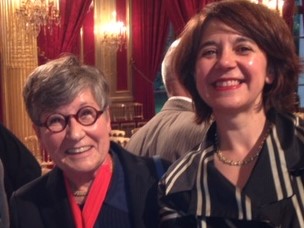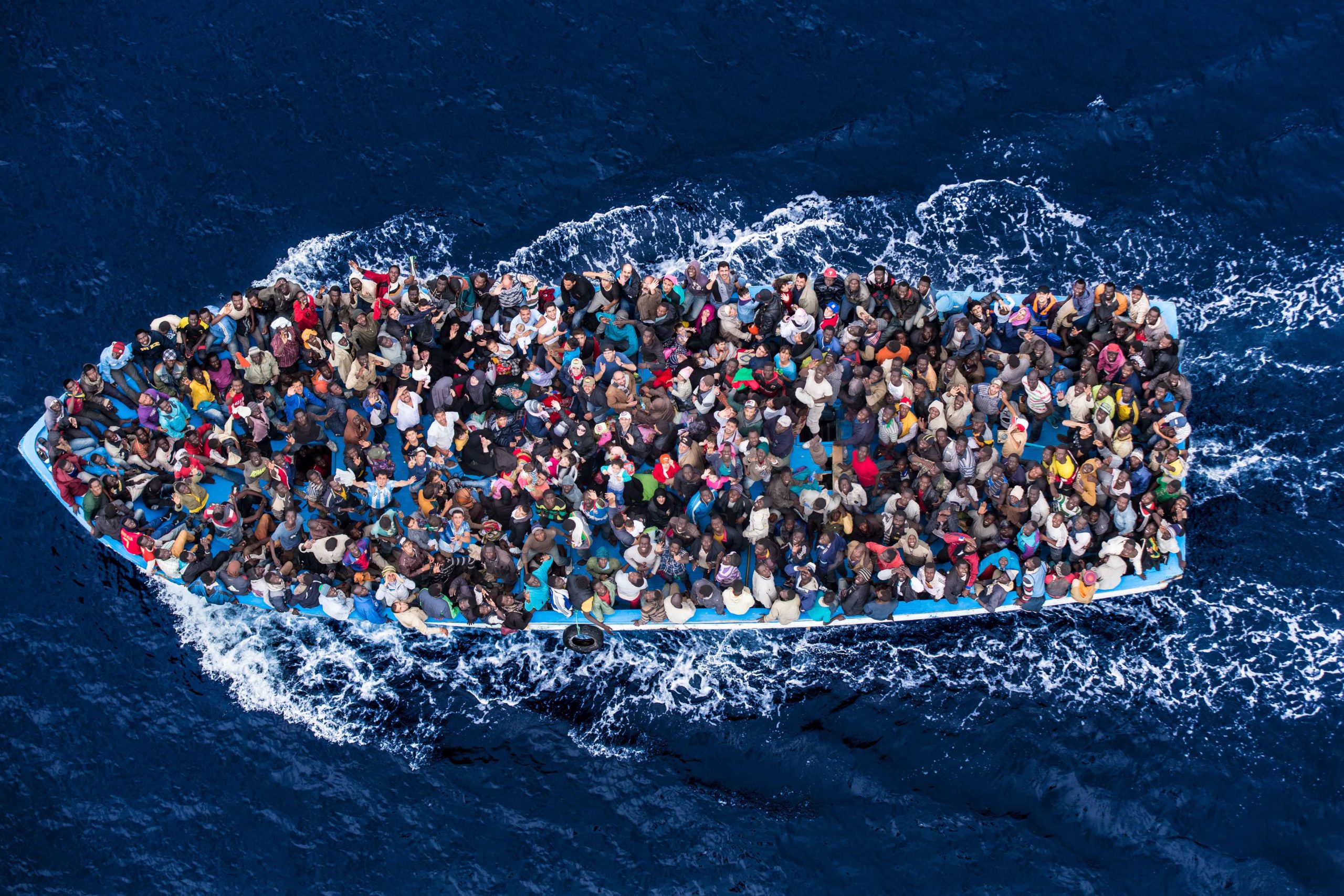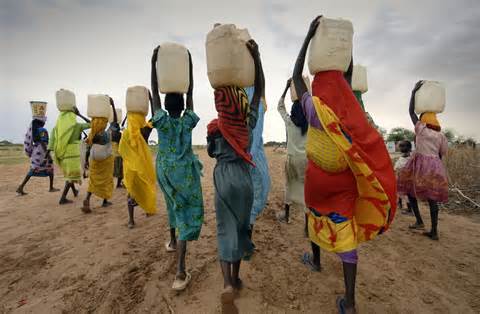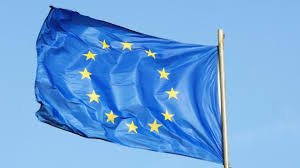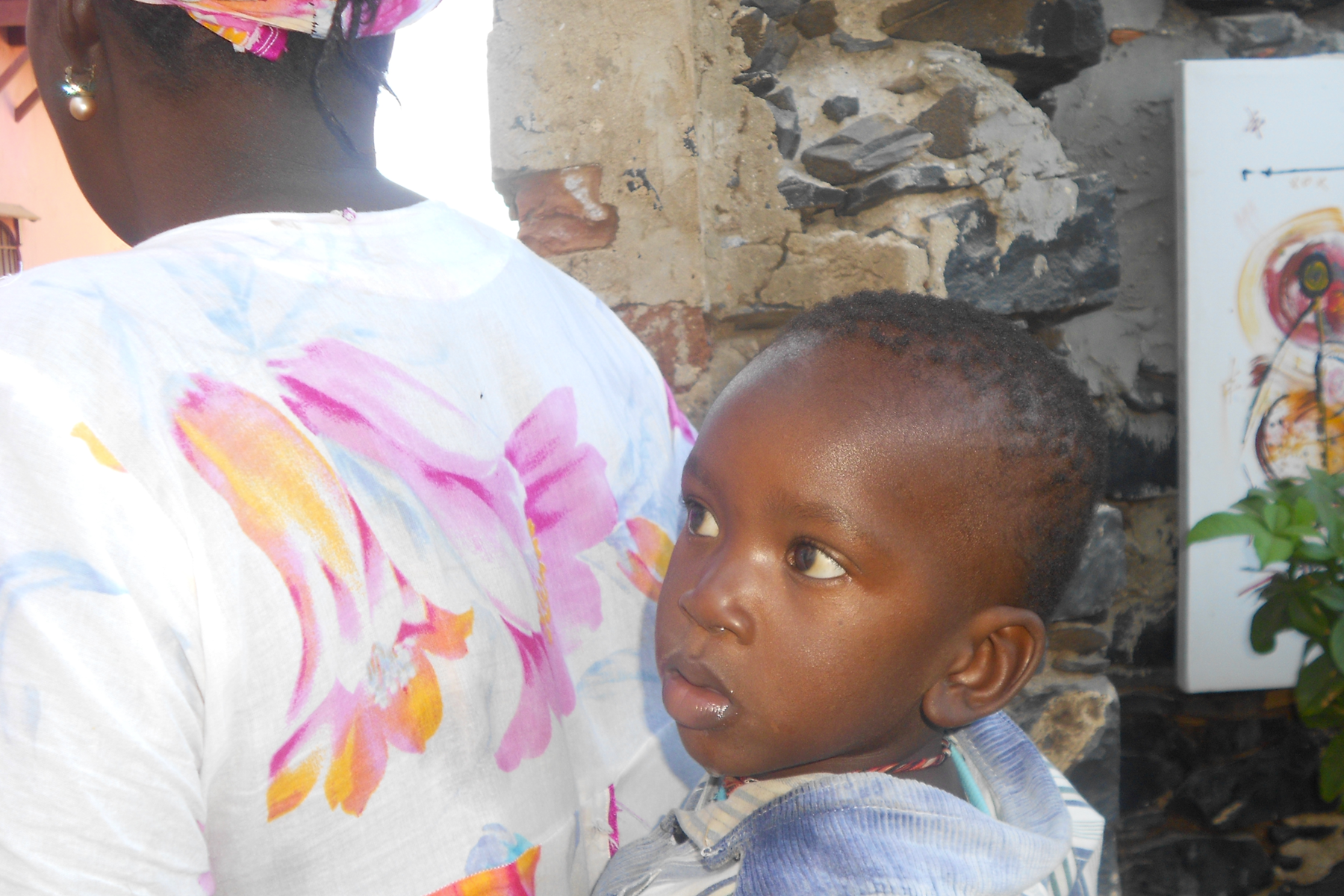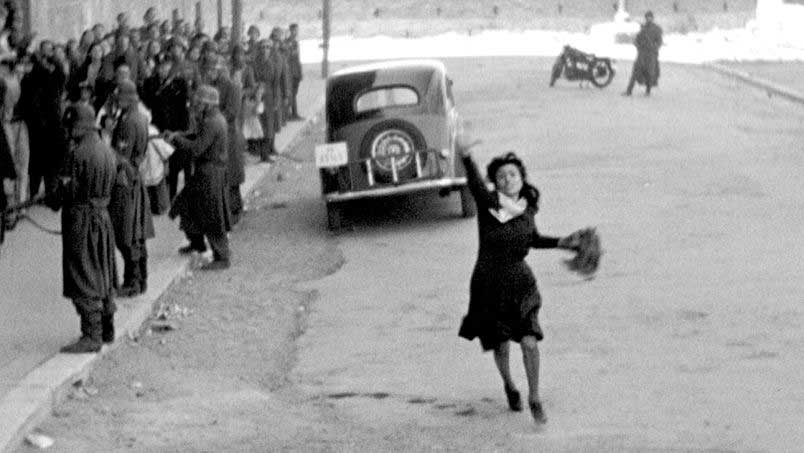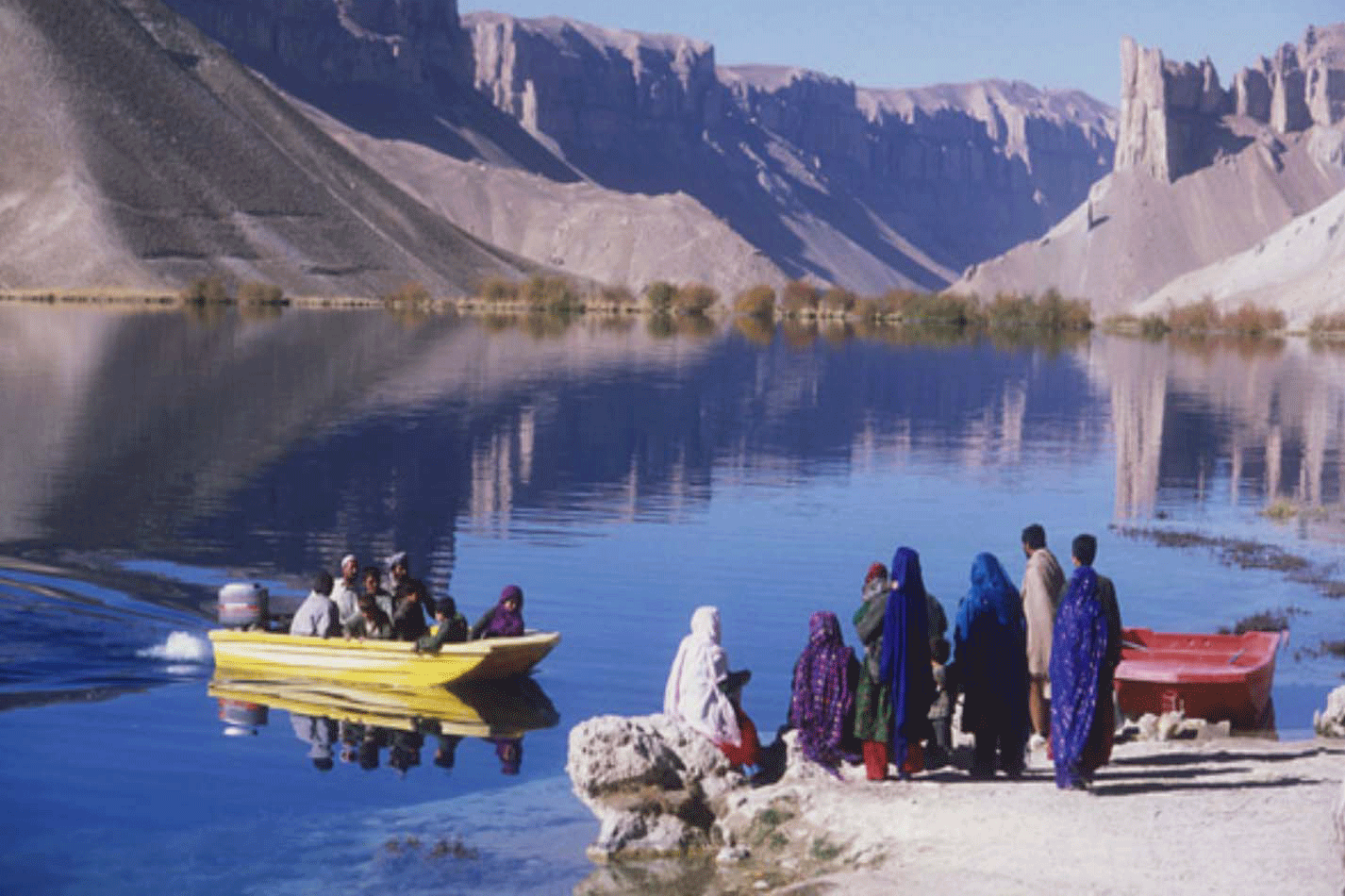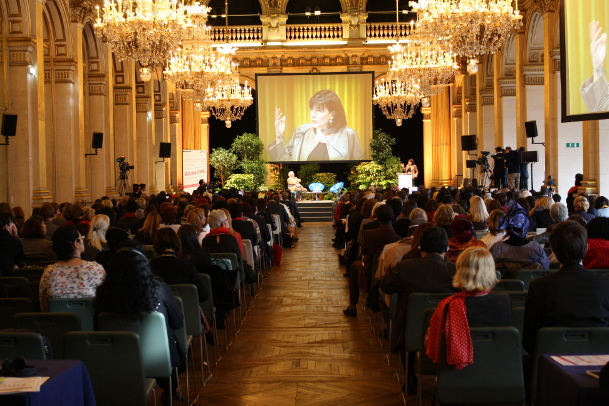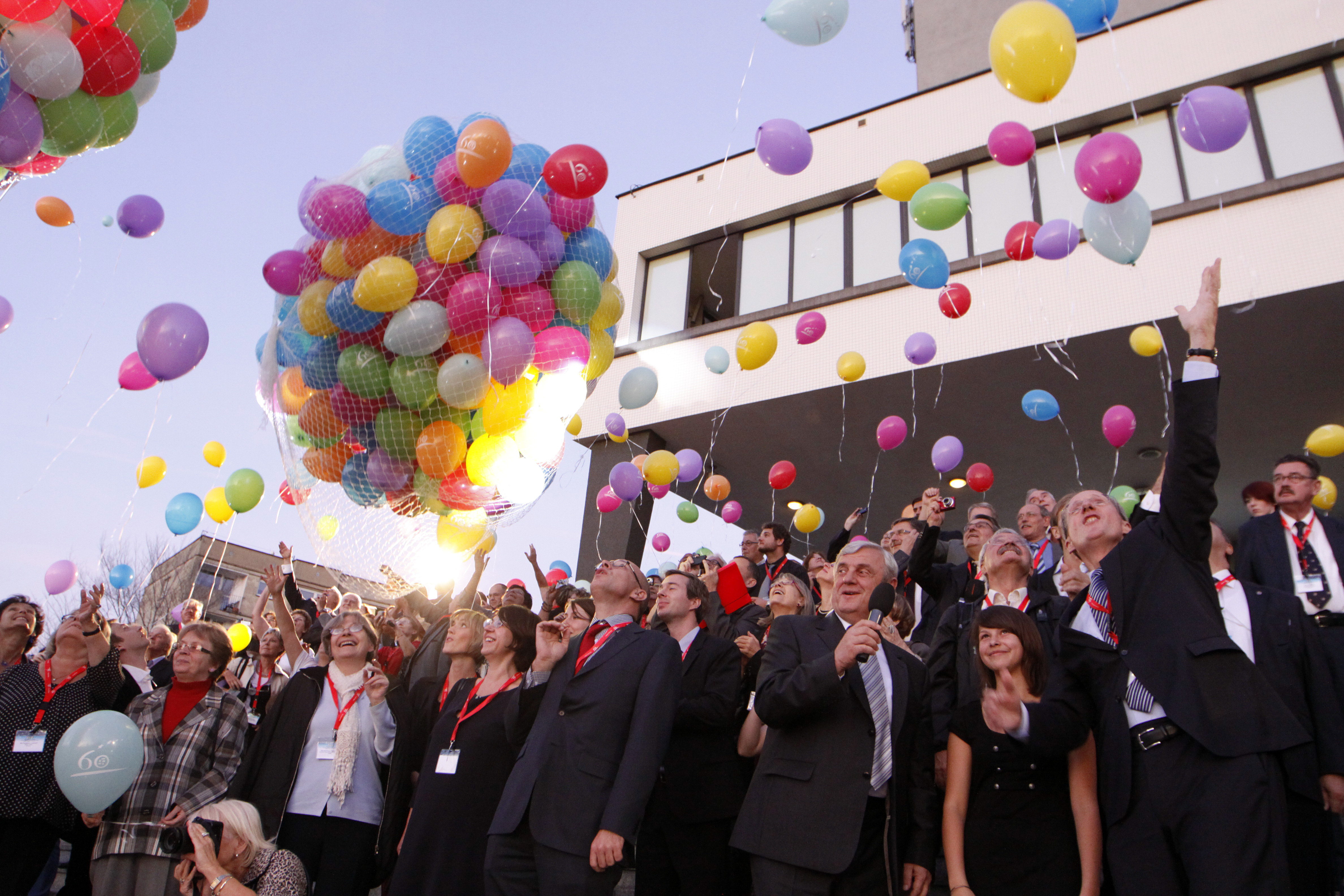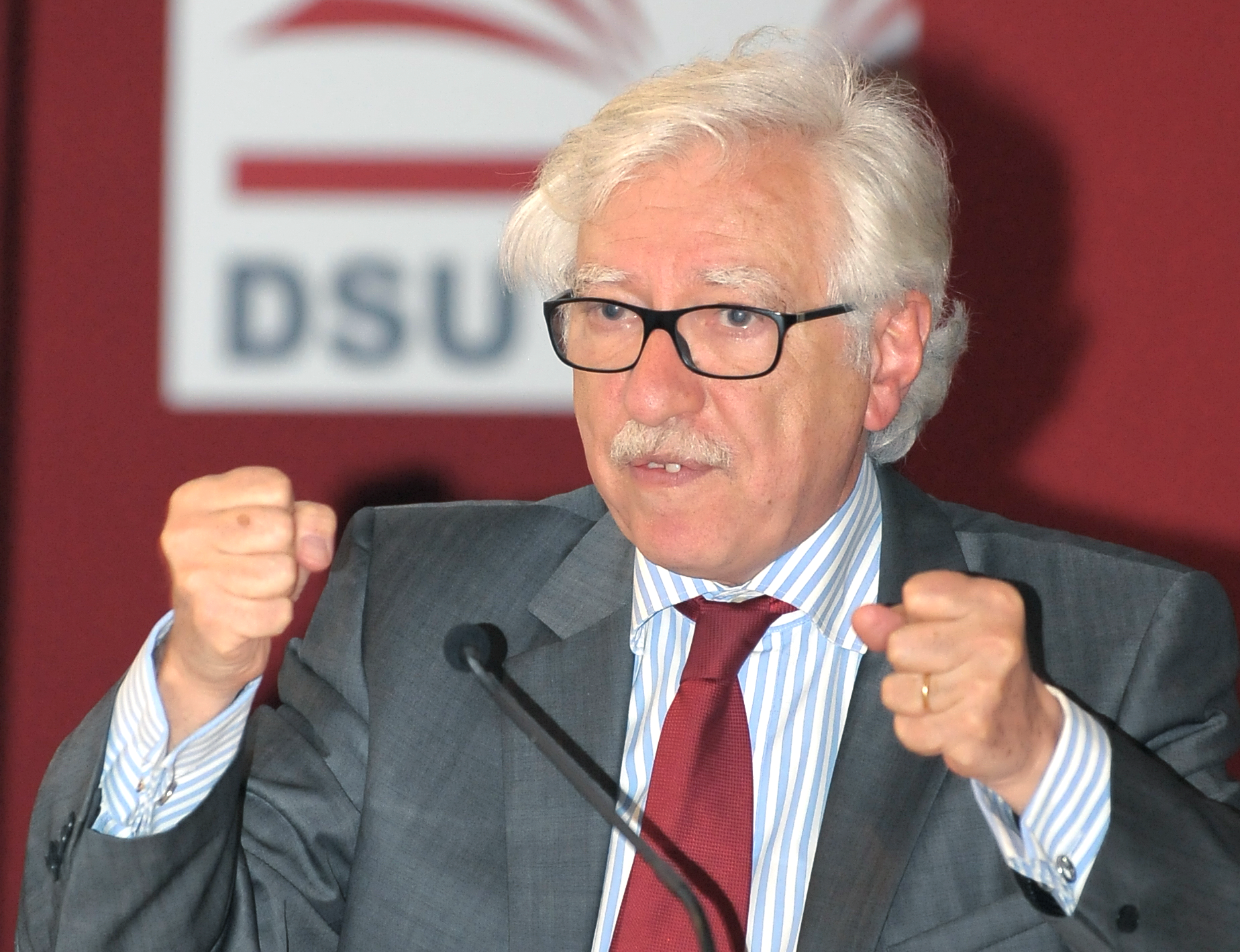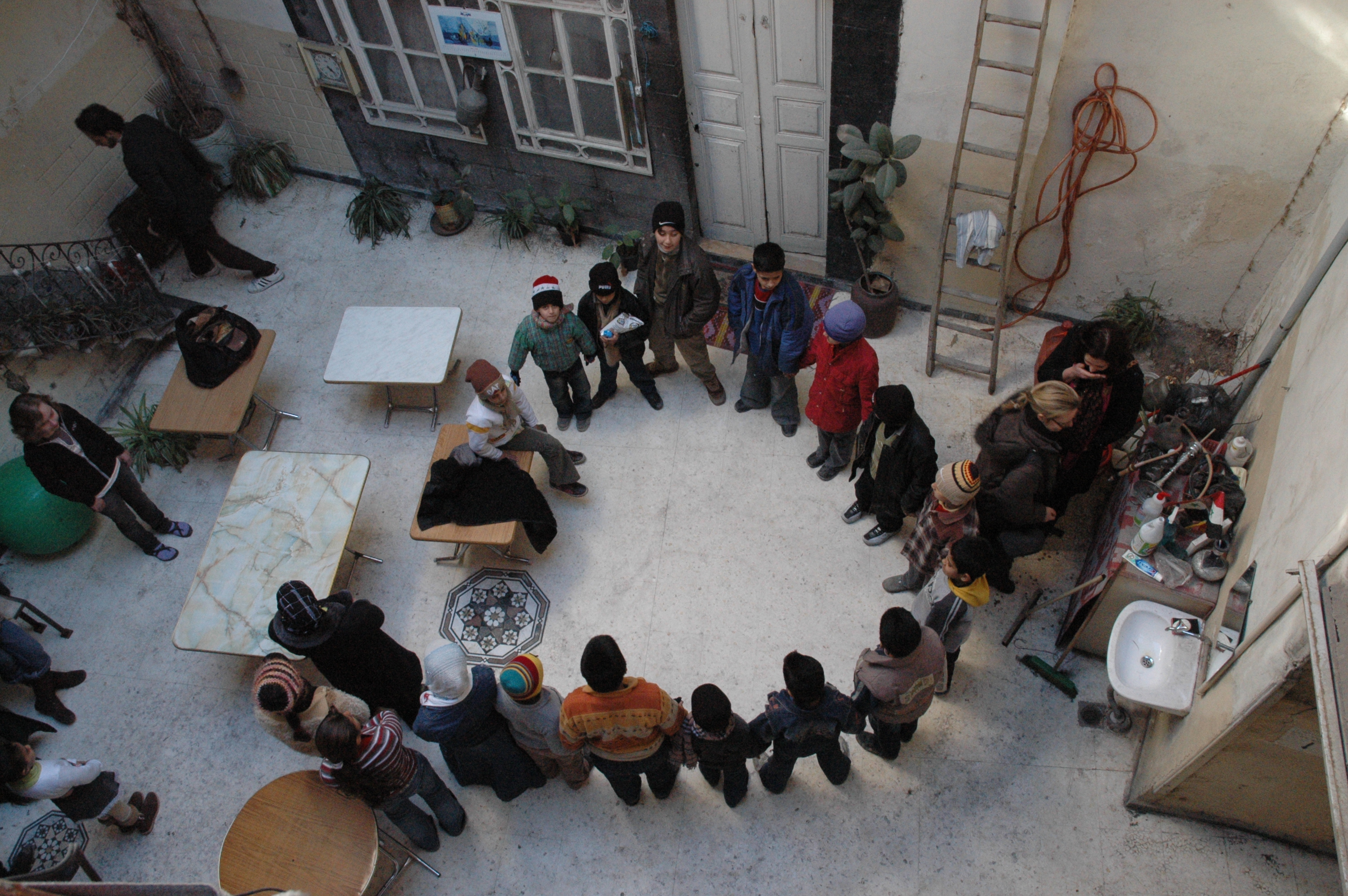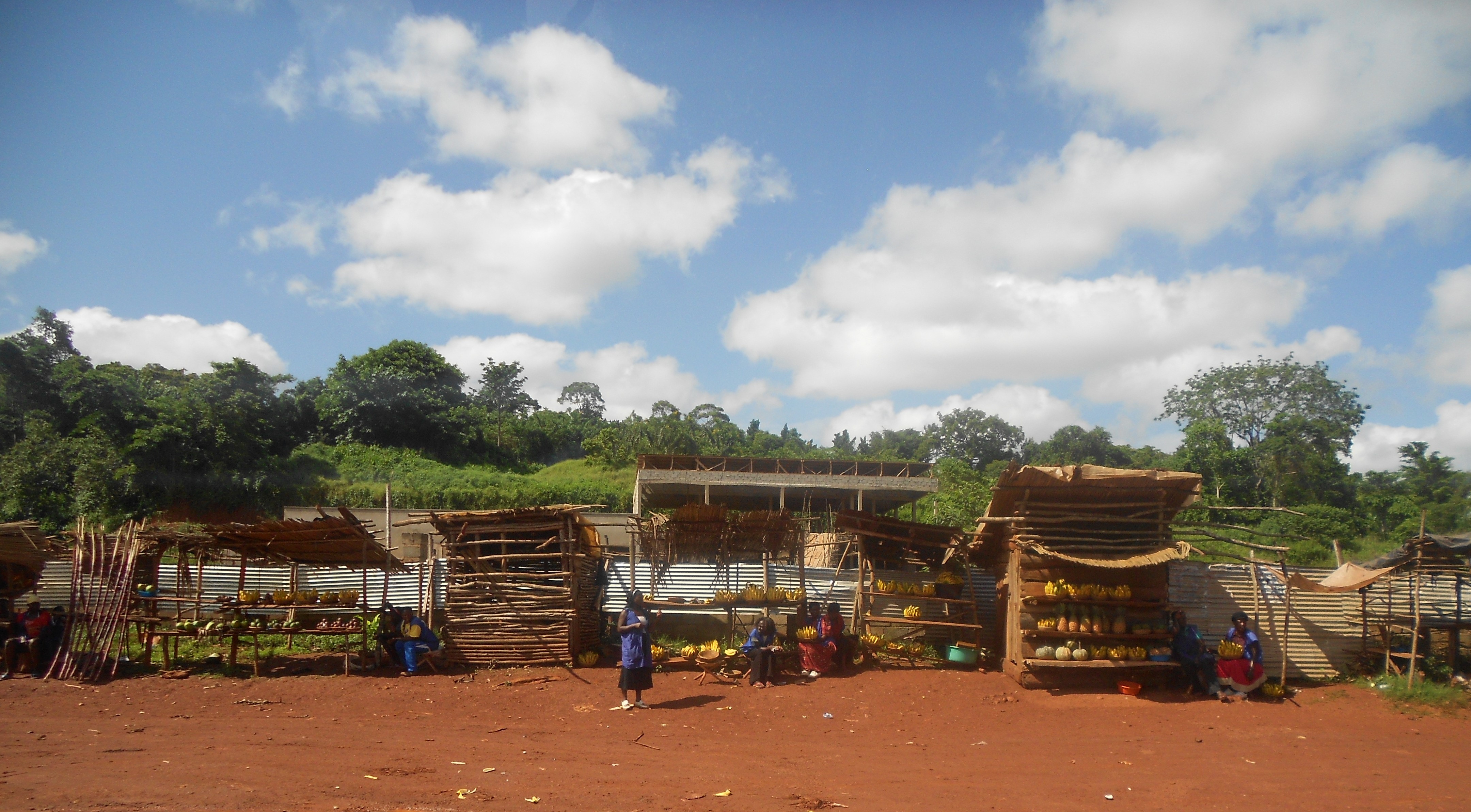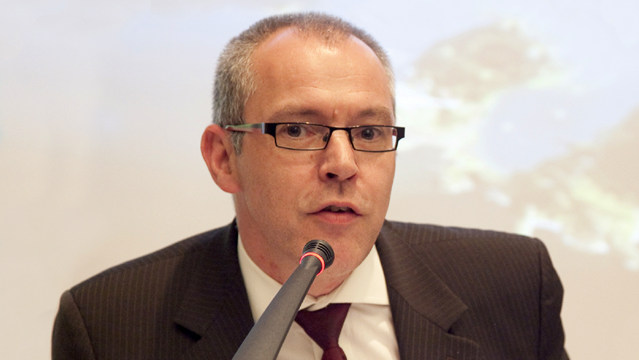The Gender Dimension in Decentralised Cooperation
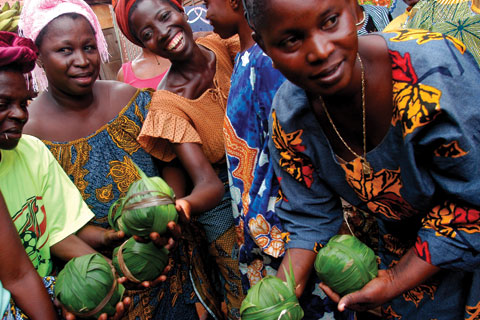
This is the subject on which I worked for a publication edited by the French Association of CEMR, as part of Platforma's activities.
The subject had already been analyzed a few years ago. For me, it was a question of completing and updating this perspective thanks also to my long experience in this field.
First of all, a few figures that tell us the importance of promoting the gender dimension in decentralised development cooperation, because women suffer from poverty more than men.
More women than men today live on less than $1.90 a day worldwide. In the age group between 25 and 34, the gap between women and men is particularly large; for every 100 poor men in this age group, there are 122 poor women in the world[1] .
There are 15 million girls in the world who are out of primary school and 10 million boys[2].
More than 50% of women and girls living in urban areas of developing countries are deprived of at least one of these resources: access to clean water, improved sanitation facilities, sustainable housing, sufficient living space.
Maternal mortality remains a scourge in the world. Approximately 830 women die every day from preventable causes related to complications from pregnancy and childbirth[3].
According to Oxfam, 75% of women in developing countries work in the informal economy, where they are less likely to have an employment contract and to benefit from legal rights or social protection. Their pay is often too low to lift themselves out of poverty.
The examples could go on.

That is why it makes sense to take into account the gender dimension in decentralised development cooperation. I am proud to have participated in developing this perspective in the implementation strategy of the European Development Policy,
when I was Director of International Cooperation and Citizenship at CEMR and Platforma.
In addition, the launch of a dedicated European Programme and the establishment of Platforma, demonstrated the recognition of the role of local and regional authorities in development cooperation and the effectiveness of decentralised cooperation as an instrument dedicated to building a better and fairer world for all.
The Charter for Equality of Women and Men in Local Life has been recognized as an extraordinary tool for the implementation of local policies for equality. I am proud to have been at the origin of this Charter, which is now signed by almost 2000 local and regional governments in Europe and which has been a tremendous source of inspiration. African local elected representatives, who have gathered within UCLG Africa around REFELA, are working on an African Charter for Equality.
Here is what thinking decentralized cooperation according to the gender dimension is a priority in the international cooperation agenda. The document published by the French Association and Platforma wants to suggest a working method and good practices. We have identified several in France, which demonstrate the place of women and equality in a different approach to cooperation and local governance.
We hope that many partners and actors in international cooperation will rely on this tool to promote equality in their projects and that they will consider this instrument useful. I am sure of that. They will also be able to count on the support of AFCCRE and Platforma, with whom I will be delighted to continue to cooperate in favour of international cooperation and equality.
1.Source : UN Women
2.Source : UN Women
3.Source : World Health Organization




 All news
All news
